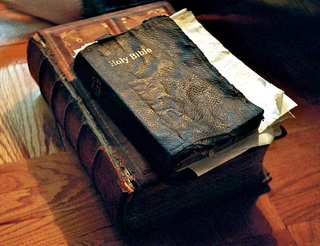Matthew 25: Three Parables
It is Passover Festival in Jerusalem. The one where Jesus Christ gets betrayed by a friend, set up by a corrupt religious hierarchy and unjustly executed by the most barbaric means.
The week started well with a triumphant arrival and welcome, but quickly turned controversial when He physically ejected crooked dealers from the Temple precincts. He’s been clashing all week with the authorities who reject His apparent claim to be the divinely appointed ‘Messiah’, a royal rescuer predicted in Old Testament prophecies.
So the writing is on the wall. While some of the disciples remain naively optimistic, Jesus Himself knows come Friday He’ll be facing the cross. So in chapter 23 of Matthew’s Gospel He denounces the hypocrisy of the corrupt leaders. In chapter 24 He solemnly assures His listeners that judgement is coming. Jerusalem will be destroyed and one day He will return in glory to judge the entire world.
And in chapter 25 He instructs His followers as to the kind of people we should be as we wait for our risen Lord’s return. He uses three classic parables:
Like wise bridesmaids who brought extra oil for their lamps, we must seek the constant filling of the Holy Spirit so that our witness will be bright and effective in welcome.
Like loyal servants we must invest whatever gifts and resources we’ve been given to further Christ’s cause and build His Church, and be ready to give account!
And finally, aware that sheep and goats in a mixed group may look similar at a glance, we should realise not all who profess to be His followers are the real thing. There will be a careful sorting when the Lord returns, and it’s both interesting and challenging how genuine Christians are to be identified.
Not by denomination or theology, nor by eloquence, but by reflecting the compassion of our Master in the practice of mercy to those in need!
Jesus said, ‘Come, you who are blessed by my Father; take your inheritance, the kingdom prepared for you since the creation of the world. For I was hungry and you gave me something to eat, I was thirsty and you gave me something to drink, I was a stranger and you invited me in, I needed clothes and you clothed me, I was sick and you looked after me, I was in prison and you came to visit me…..whatever you did for one of the least of these brothers of mine, you did for me.’

 RSS Feed
RSS Feed